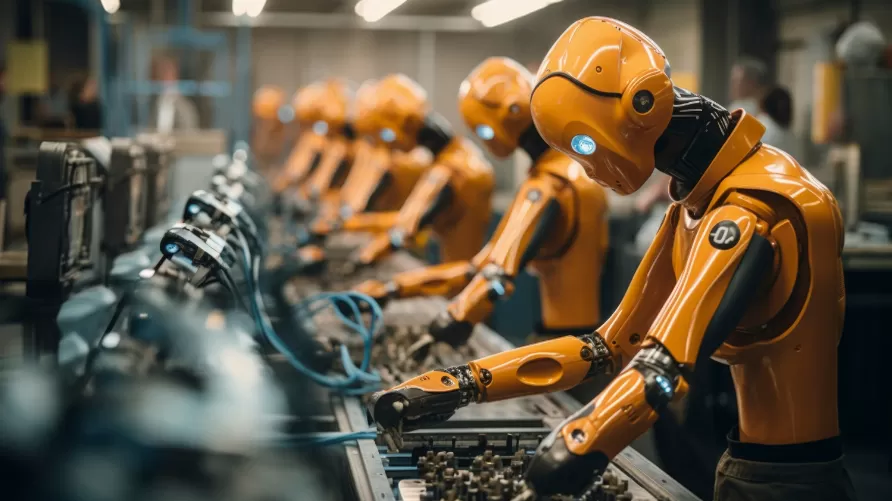Why Is It Important?
Sustainably sourced food is essential because it holds all aspects of the supply chain responsible for environmental and social responsibility. Sustainably sourced foods do not obliterate natural resources, stamp out biodiversity, create poverty, or create pollution. Instead, it focuses more on respect forming between consumers and producers. That allows the farmers, producers, and distributors to find methods to last and eliminate food insecurity.
How Do Communities Benefit From It?
Hundreds of millions of people suffer from food insecurity globally. However, sustainable food production grants farmers and laborers fairer compensation, which allows them better access to nutritious foods. Additionally, when families grow their foods at home, they create food production systems and combat hunger.
How Does the Economy Benefit From It?
Sustainable food production distributes the profits more equally around the supply chain, so farms, such as Aleph Farms, factories, distributors, and grocers, all get a fair share of profits. That can bring more money to local economies, which creates more jobs, reduces poverty, and improves the overall health of the economy.
How Does the Planet Benefit From It?
Global food systems account for somewhere between one-quarter and one-third of all greenhouse gas emissions annually. However, switching to sustainable food production methods would drastically reduce the amount of soil, air, and water pollutants released by this process and preserve the plant. Additionally, reducing the excessive production of greenhouse gases would combat the effects of climate change, which cause severe weather patterns which contribute to food instability.
How Can Food Production Become More Sustainable?
Although sustainable food is a better alternative because of its benefits, it can often be more expensive and is not always a practical choice for consumers. For food to become more sustainable, more players in the food industries need to embrace this movement. They can learn from the US Department of Agriculture, which has taken significant steps to promote sustainability.
What Food Technology Can Increase Sustainability?
Some types of technology that can increase the sustainability of food production include mechanical seeders, drones monitoring crop health, nutrient sensors, and predictive analyses. This can help producers improve their yields, protect the soil, and reduce erosion.
How Can Individuals Help Increase Sustainability?
Every year, Americans throw away hundreds of millions of pounds of food waste. However, individuals can contribute to sustainable food systems by choosing food with longer shelf lives and storing their open food in containers designed to keep items fresher longer. Additionally, they can take extra steps, like donating food they will not consume to poor communities and supporting businesses doing the same.
Making food more sustainable will create a stable method of providing for future generations. These are just some of the many benefits of going green. Make sure you take steps to increase sustainability and choose products from companies that offer these types of solutions.






